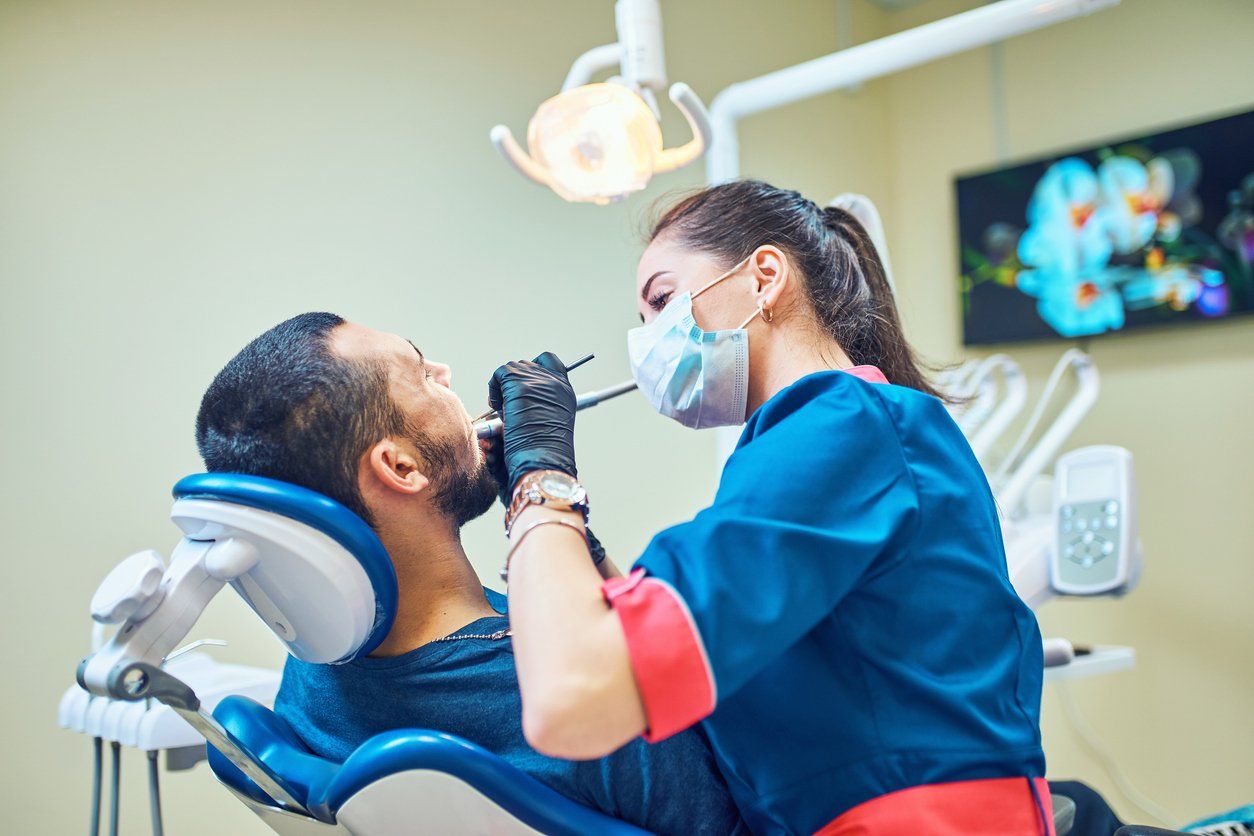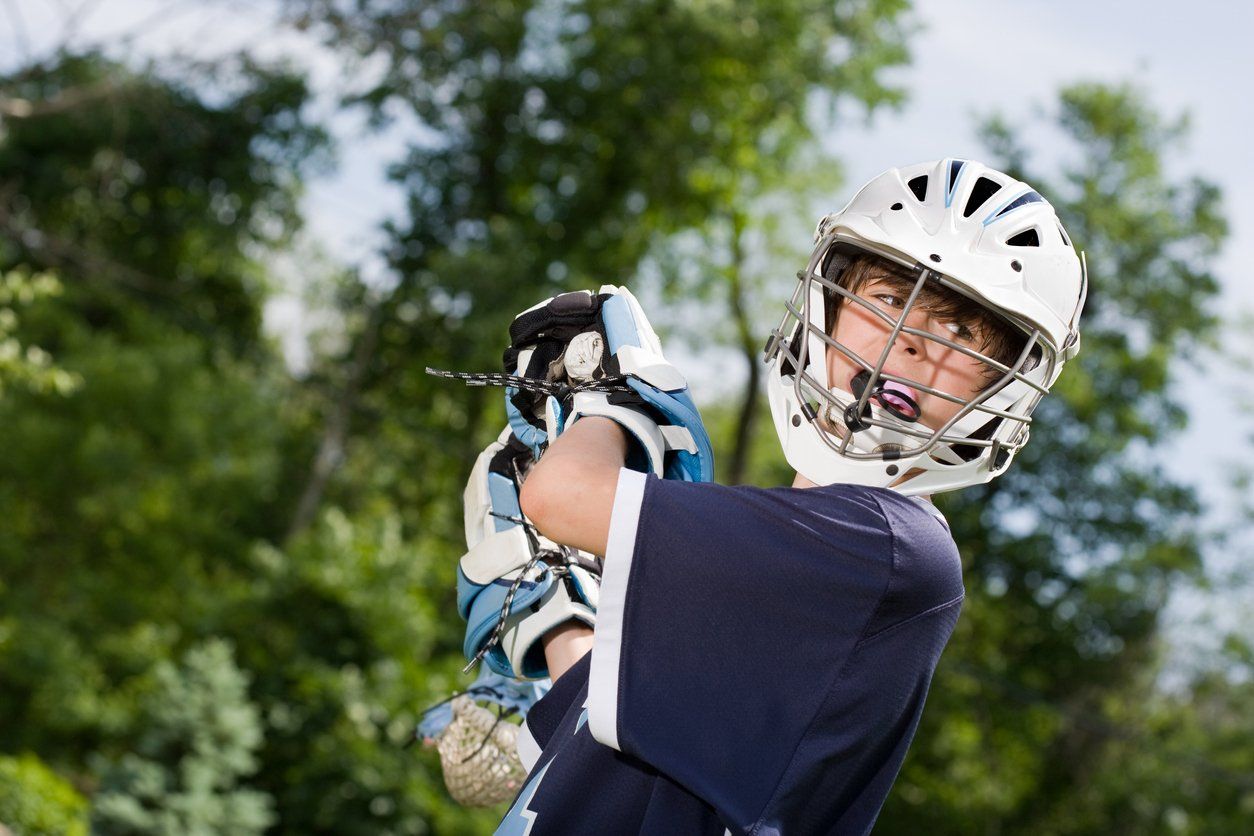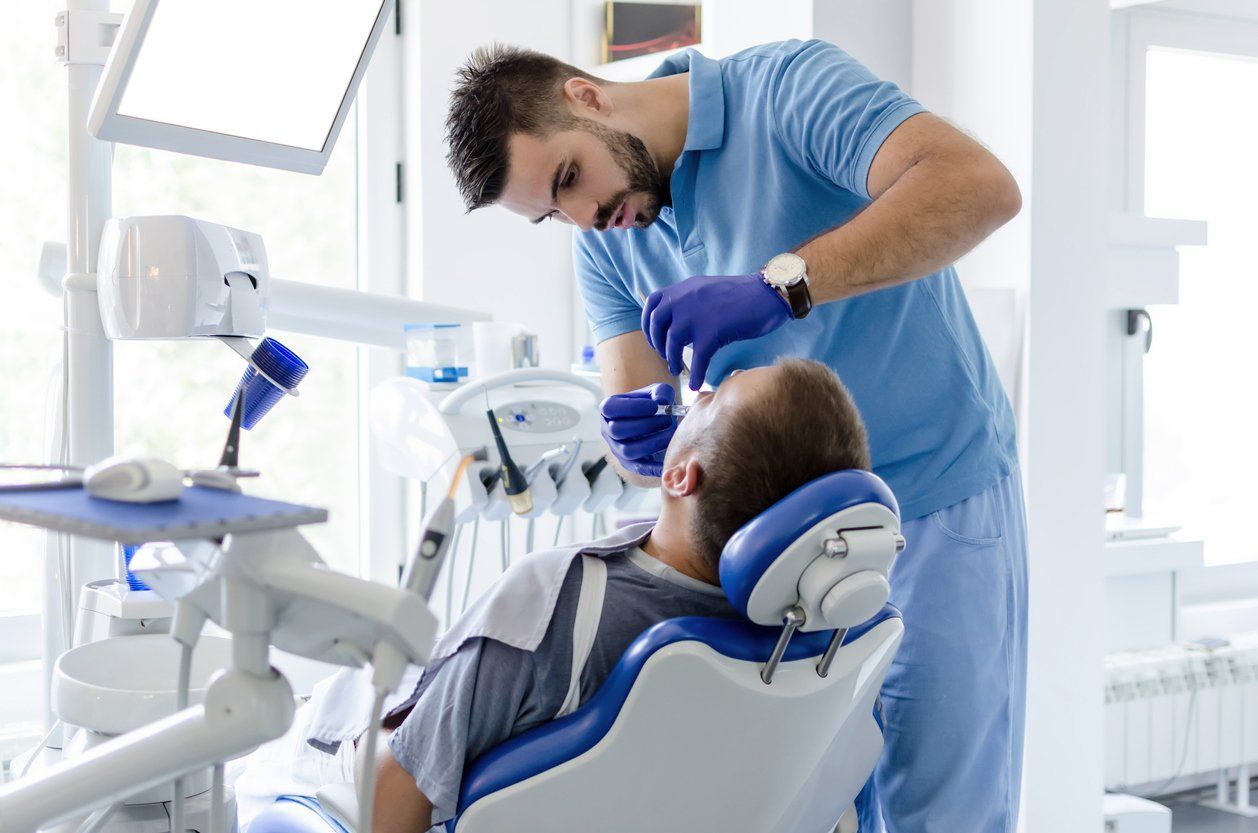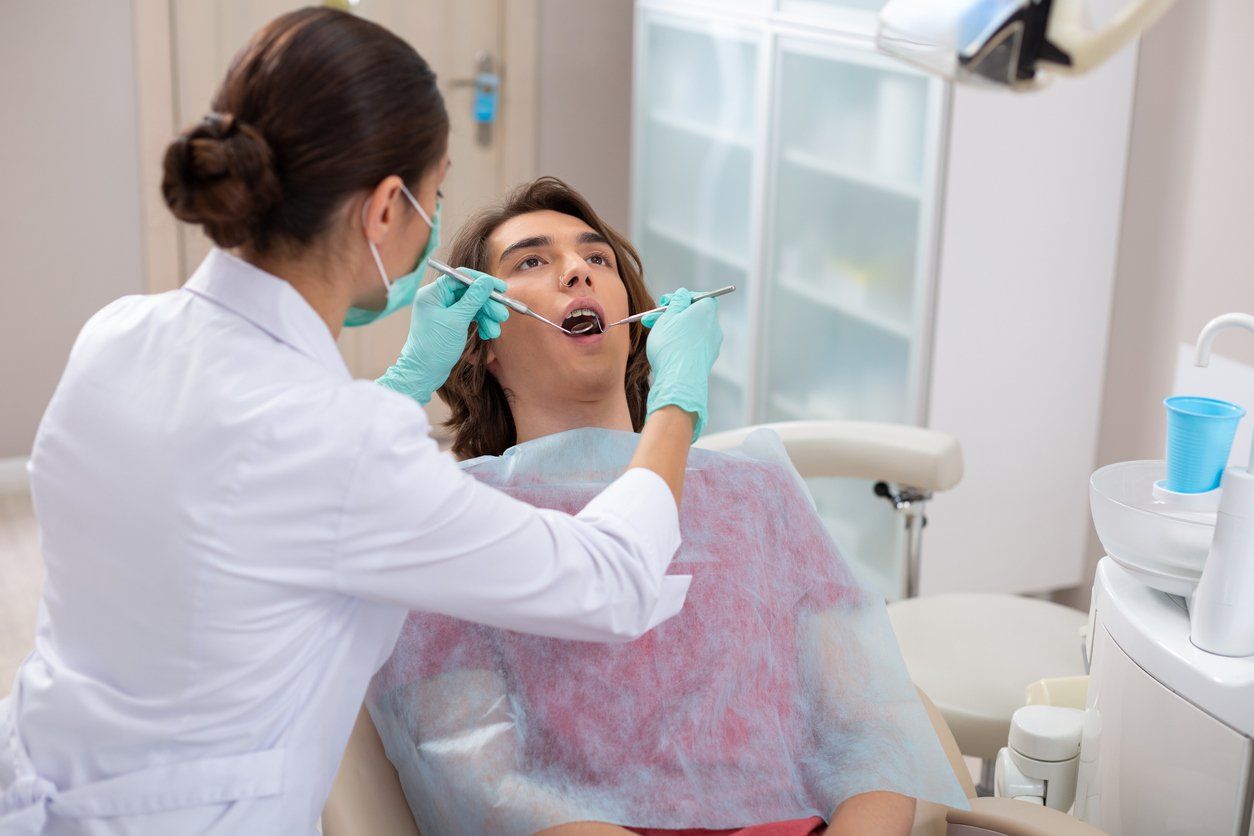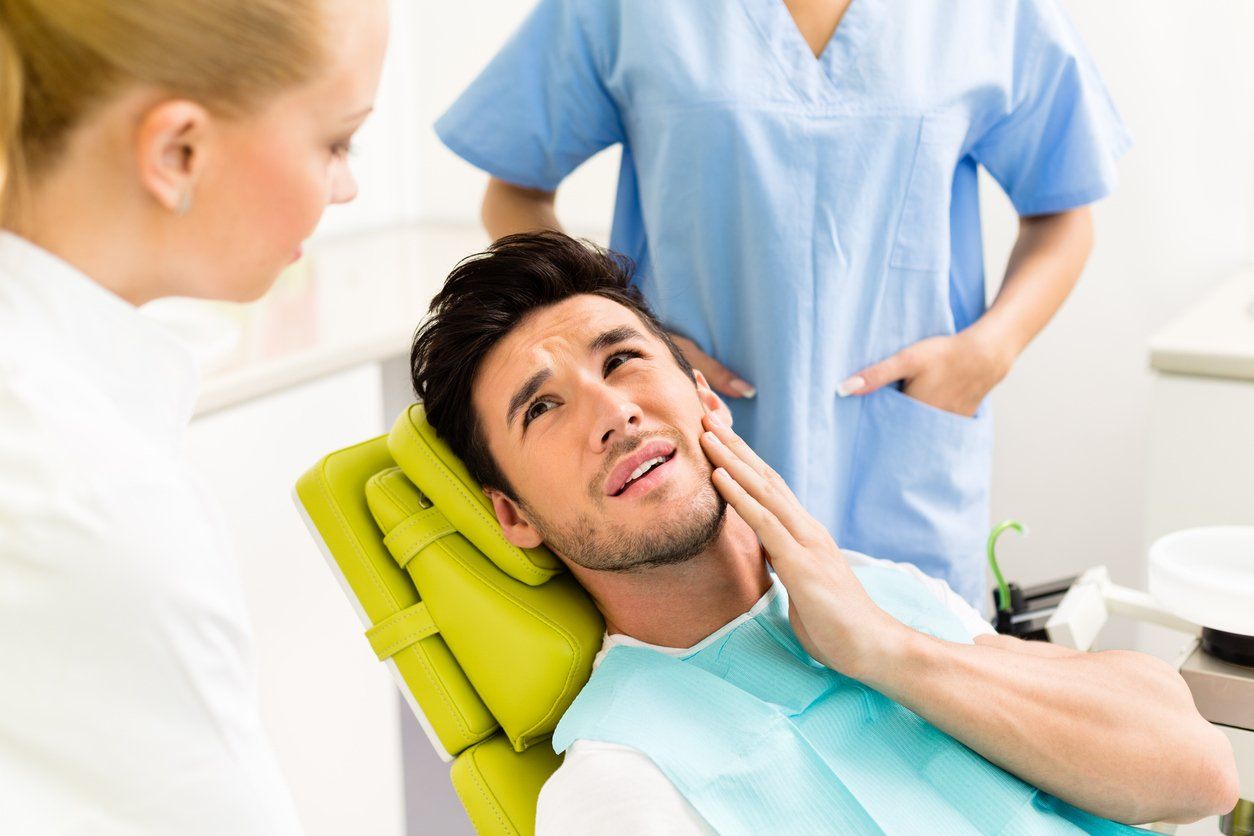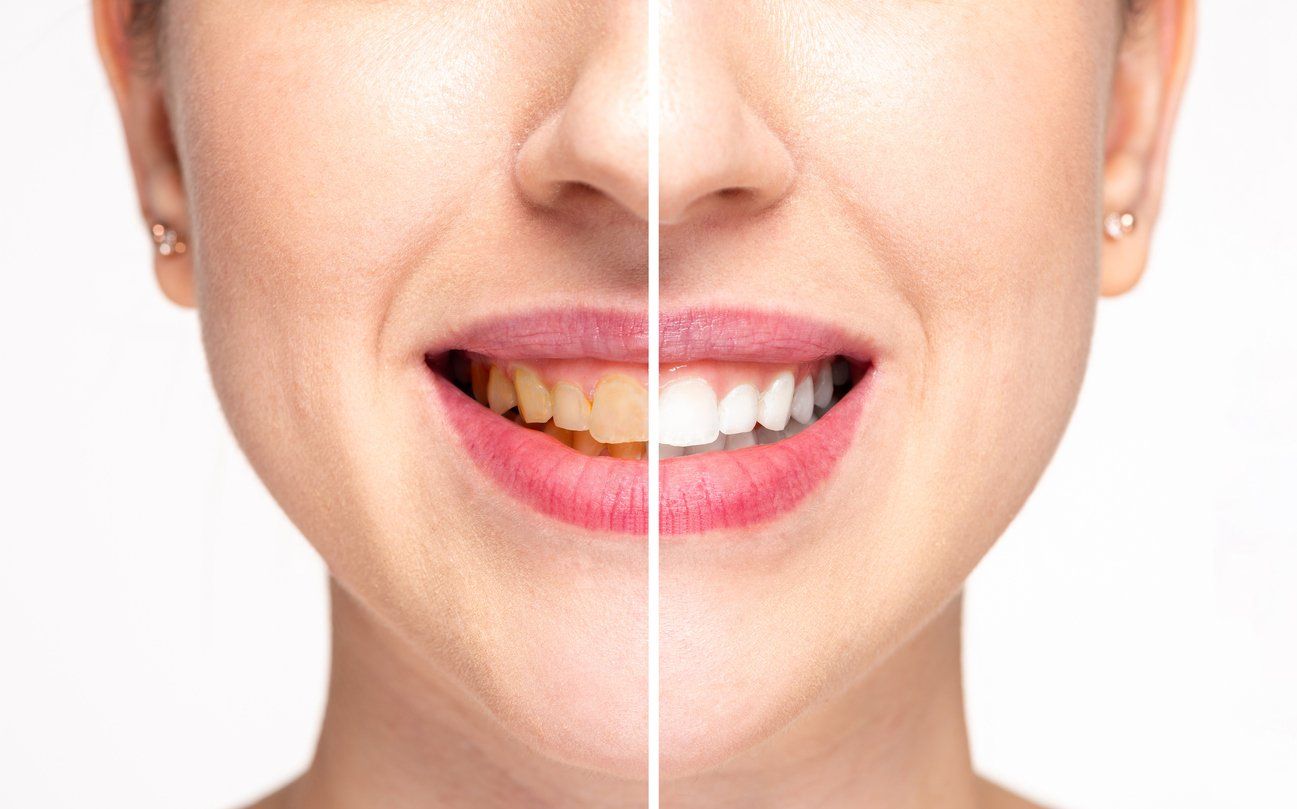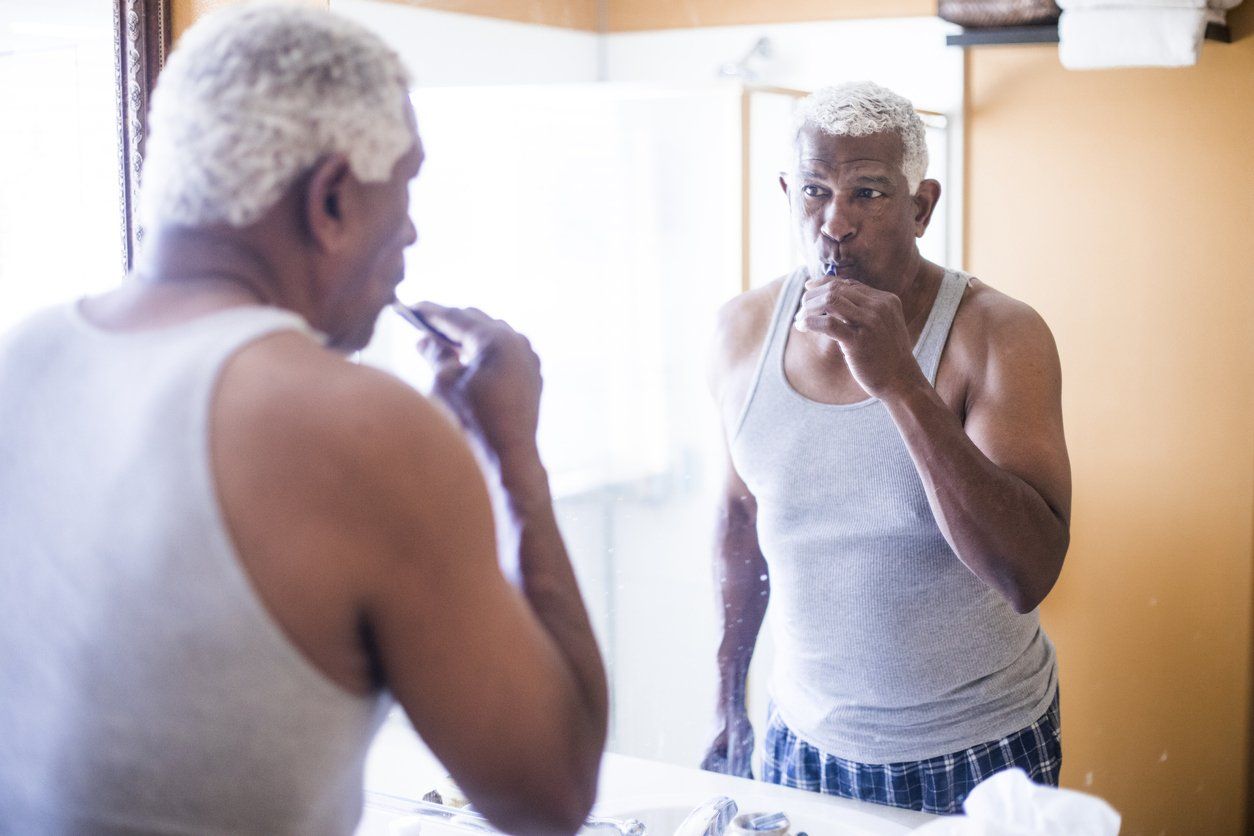Your Kids and the Tooth Fairy: How to Keep Baby Teeth Healthy and Clean
When it comes to your children's teeth, practicing good oral hygiene and providing them with healthy behaviors from the start can help lead to a lifetime of beautiful and healthy teeth. Providing our kids with incentives, routine, tradition, and education to train them into adopting the proper lifestyle is a time-honored tradition practiced by parents all over the world. Today, we'll be taking an in-depth look at the oral health of children and the most well-known figure associated with children's oral health: the tooth fairy, to help you understand the importance of caring for your children's teeth and how our dentalteam can help you.
History of the Tooth Fairy and the Traditions Surrounding Baby Teeth
The United States isn't the only place in the world that celebrates the loss of baby teeth. In fact, cultures all over the world and throughout many historical ages have celebrated children's teeth in a variety of ways. Baby teeth have been disposed of through a variety of ways throughout time and have also been involved in many cultural rituals. Some cultures sent the tooth away to receive a new one, while others used the teeth as markers for maturity. A few centuries ago, crows or rodents were called upon in areas of Europe to take the baby tooth in exchange for a better one.
Inspired by other tales of lore surrounding teeth throughout the world, the tooth fairy first appeared in the early 1900s. Though it is hard to tell for certain, many believe that the tooth fairy was inspired by one of the most widely-used characters associated with teeth in the world: a mouse. But mice are much scarier to children than fairies. With the help of literature, word of mouth, and cultural changes, the mouse slowly evolved into a winged fairy.
The modern tooth fairy tradition also takes cues from other traditions like servant girls receiving fairy coins while she slept in England and even the Virgin Mary providing children with presents in exchange for their tooth in France. For roughly a century, the modern tooth fairy we have come to know and love has visited the bedrooms of sleeping children to exchange coins or money for their baby tooth. And it should come as no surprise, that economic inflation has affected the tooth fairy industry within that century.
Baby Teeth: All the Details
How to Care for Children's Teeth
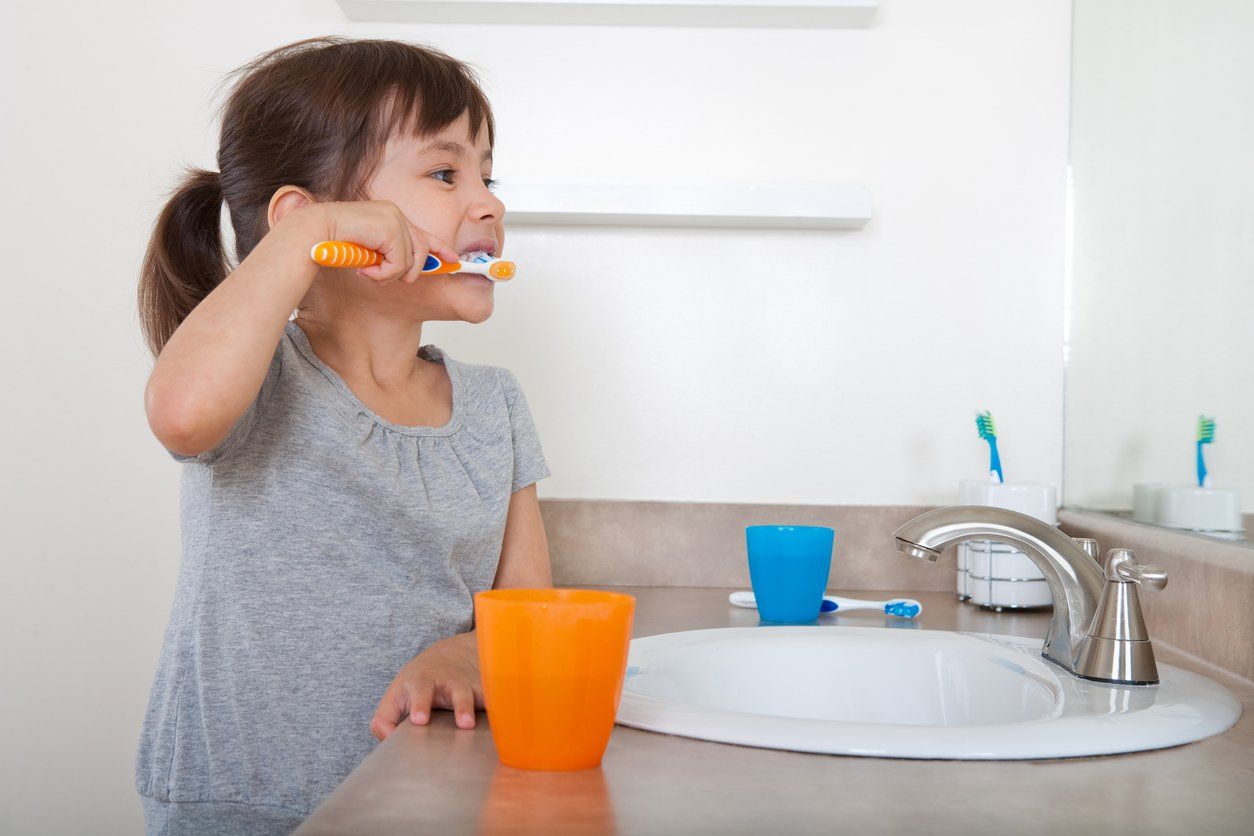
Even before your baby gets his or her first tooth, oral hygiene is fundamental. Gums should be kept clean until your baby's teeth begin erupting at between 6-8 months of age. Once your baby starts that journey, they will receive twenty baby teeth by the time they are around 3 years of age. When your children's teeth begin erupting, it is essential to practice good oral hygiene practices. Here are a few tips on caring for your children's baby teeth:
- Use an age-appropriate, ADA-approved toothbrush with soft bristles on your children's teeth. You should also use an age-appropriate toothpaste. For children over the age of one (and old enough to spit out the toothpaste), you should be using a fluoride toothpaste .
- Teeth and gums should be brushed thoroughly twice each day. Gently brush every side of each tooth. While it is important to teach your child to brush their own teeth, it is also essential to oversee your child until they can do it accurately by themselves.
- In between brushing, try your best to practice healthy lifestyle behaviors and provide your child with a healthy, nutritional diet. Avoid sugary, starchy foods that help aid in decay and infection.
- Start seeing a pediatric dentist once your child's first tooth begins to erupt. Not only is it important to establish a good relationship that will minimize any fear and anxiety of the dentist, but preventative care can go a long way. Your child should see the dentistroughly every 6 months for routine exams and cleanings.
When Do Children Start Losing Baby Teeth?
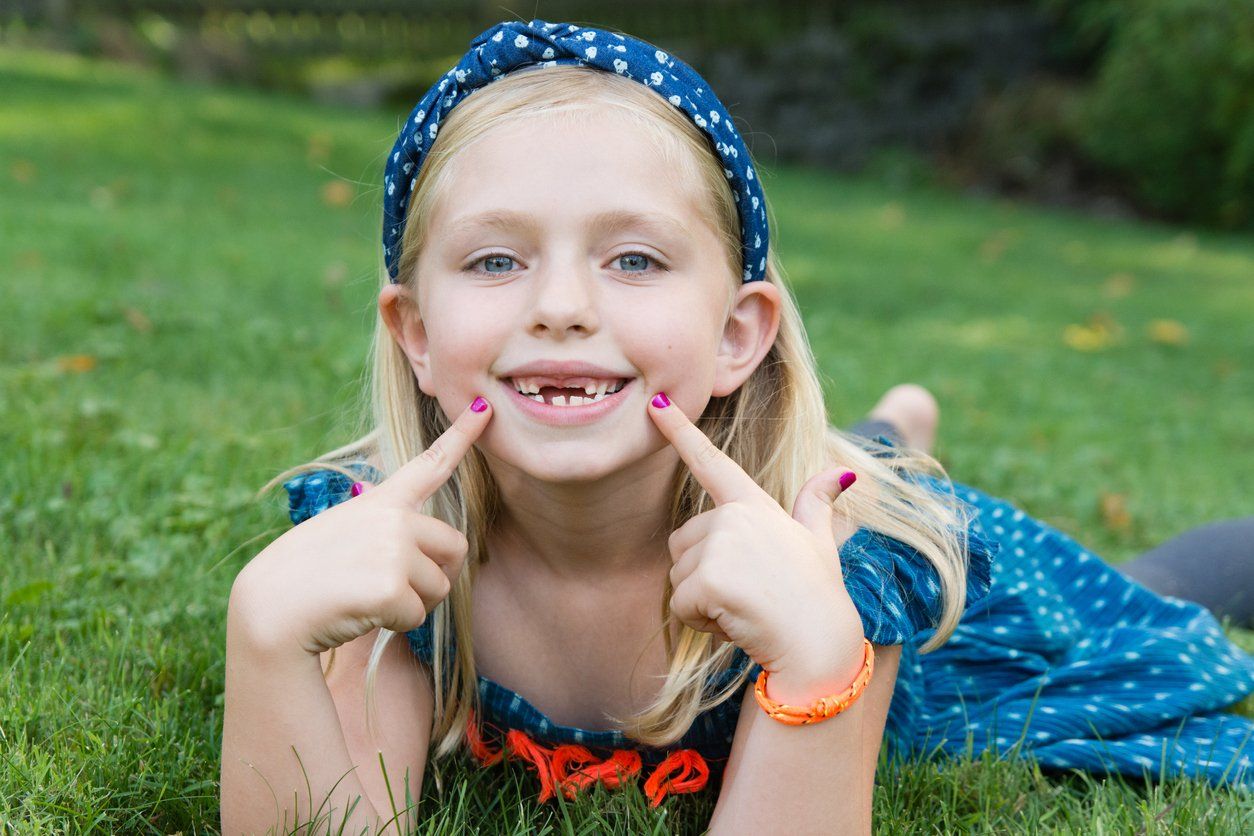
Every person and child is different when it comes to teeth. In most kids, the first teeth that came in as a baby are typically the first to go or shed. The average age for children to begin losing their baby teeth is around 6-7 years, but some children may start shedding teeth earlier or later. At this age, your child will usually begin by losing their incisors, followed by the canines. The first and second molars are generally the last teeth to be shed for their permanent counterparts.
Your child will have a combination of baby and adult/permanent teeth for many years. By the average age of 13, your child should have lost all of his or her baby teeth and have begun shedding their permanent ones
Tips and Incentives for Good Oral Hygiene in Children
- Use the tooth fairy as an incentive for children to care for their teeth. After all, the tooth fairy can only exchange prizes for healthy and beautiful teeth. As an added tip, try not to start off with large prizes or significant amounts of money that you cannot keep up with as your child loses more teeth.
- Do not bribe your child with prizes of candy or other sugary treats for good behavior. Only healthy, nutritional snacks can help keeps kids' smiles happy.
- Make the routine of toothbrushing fun for your child from even the earliest of ages. Find ways to make it enjoyable, but always make it a routine. Having the structure of a routine will carry through into your child's behavior as they grow.
- Teach your child to spit out toothpaste properly, as well as to rinse, as early as you think he or she can handle it. Fluoride toothpaste provides protection to your children's teeth but should not be swallowed.
- Use positive reinforcement and encouragement to promote healthy behaviors . Sticker charts, games, and other activities are great ways to provide incentives for practicing the proper routine.
Learn More About the Tooth Fairy
Here at Marie Simon Dentistry , we are dedicated to keeping our patients' smiles beautiful and healthy through every phase of life. To find out more on how to give your children's tooth fairy beautiful, cavity-free baby teeth, contact our professional staff to schedule your appointment today! We're here to provide exceptional care to patients of all ages!

